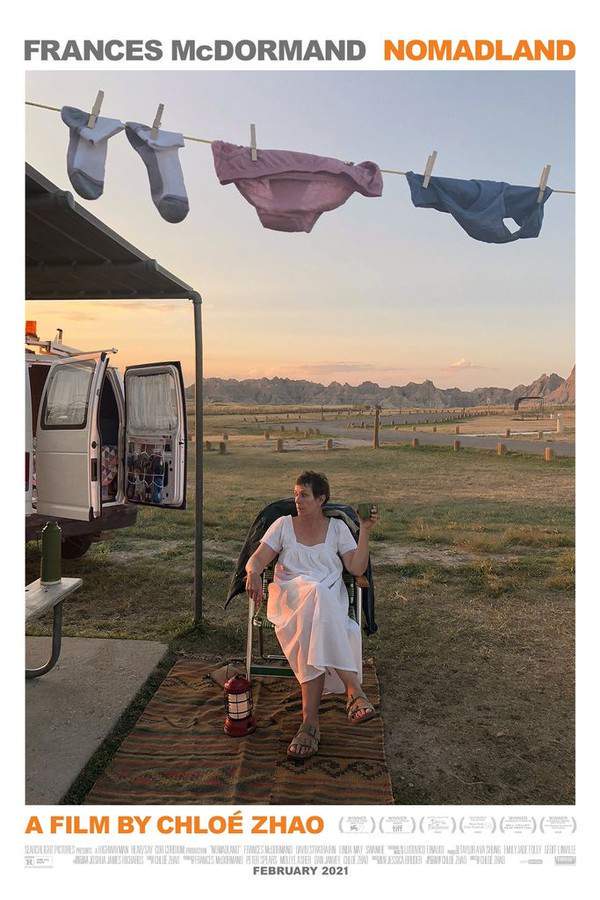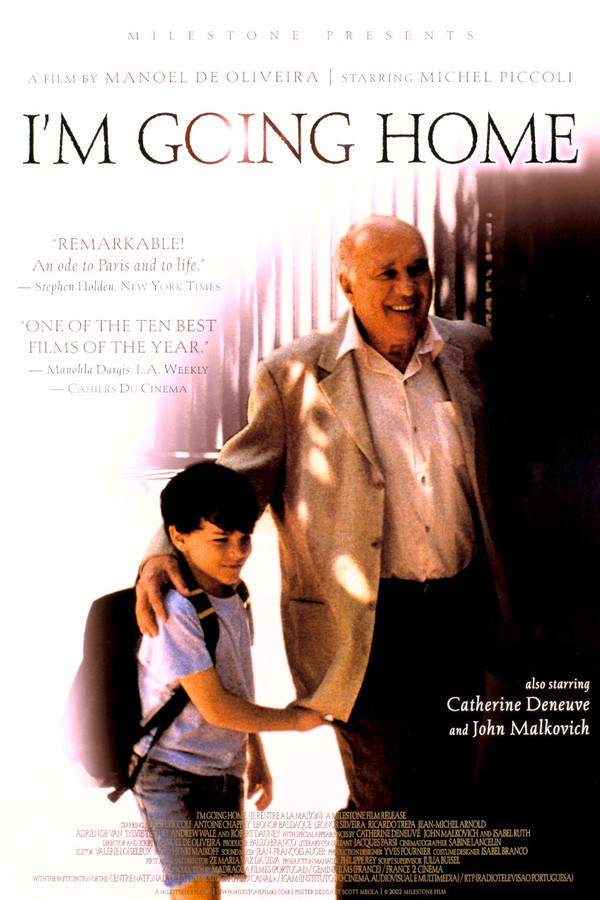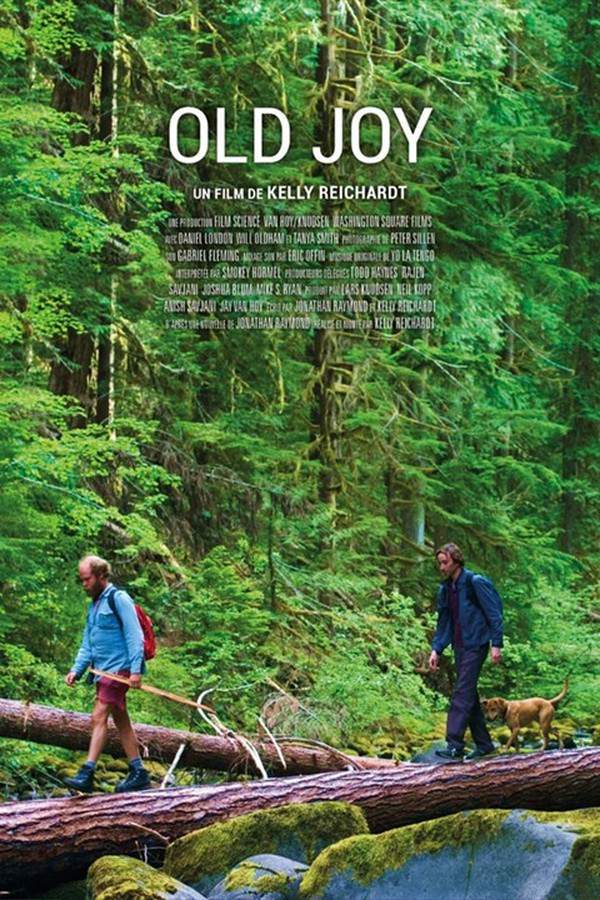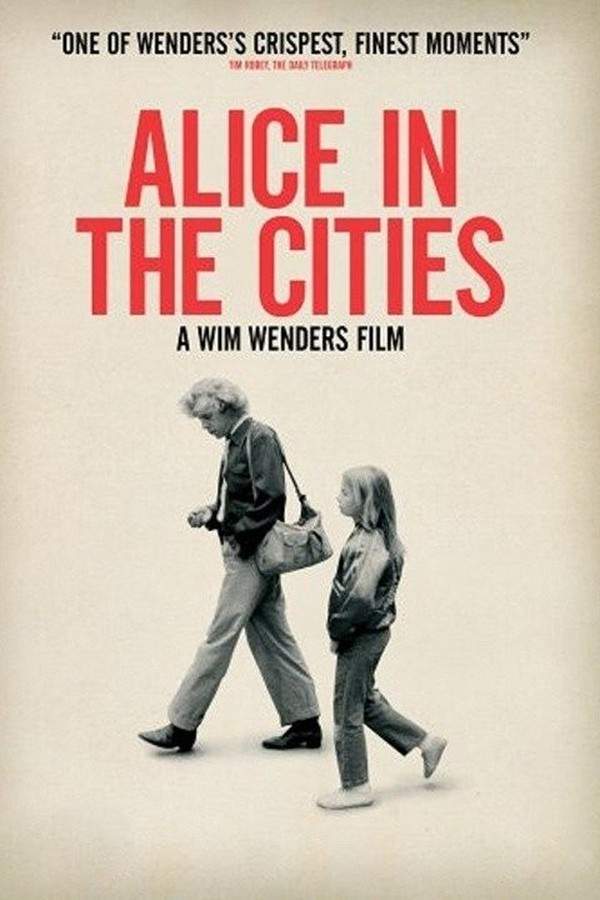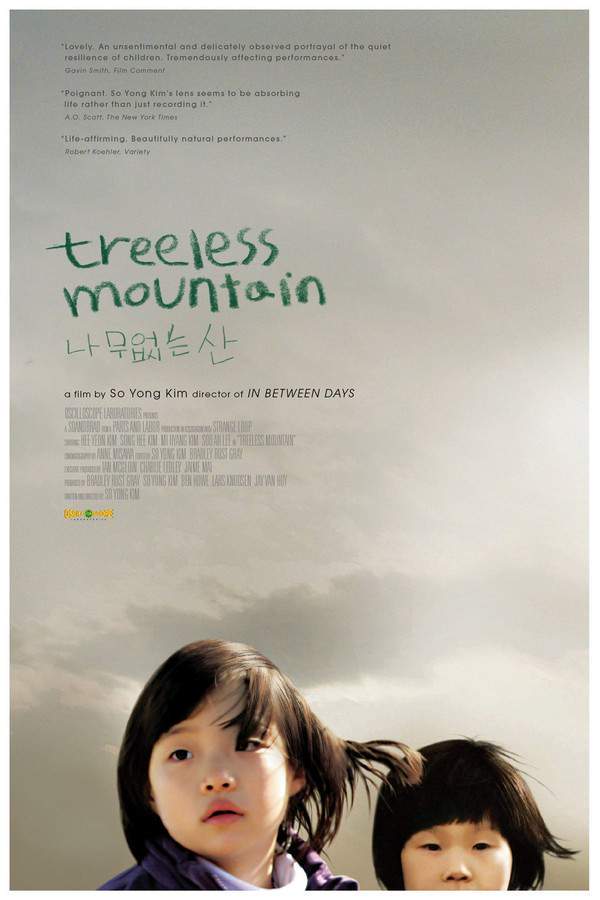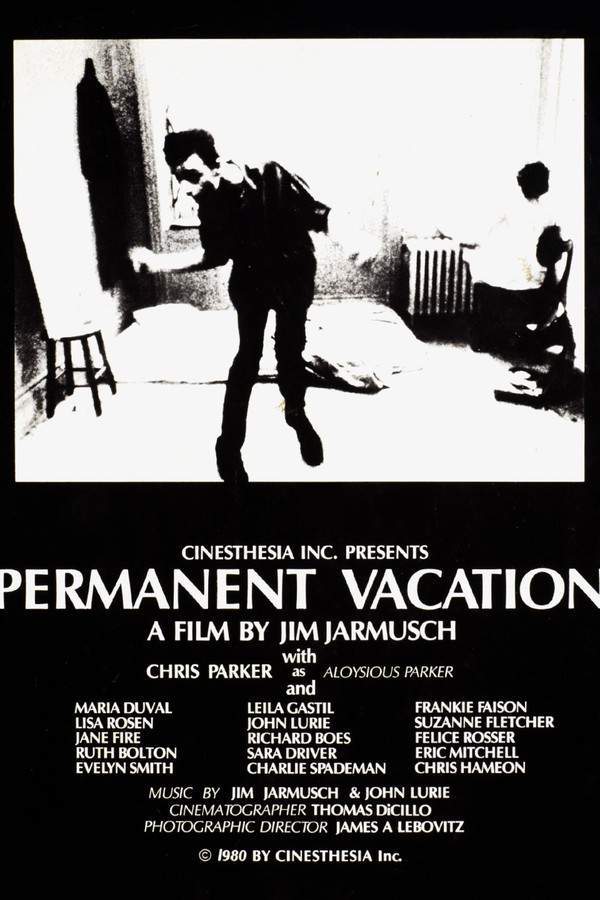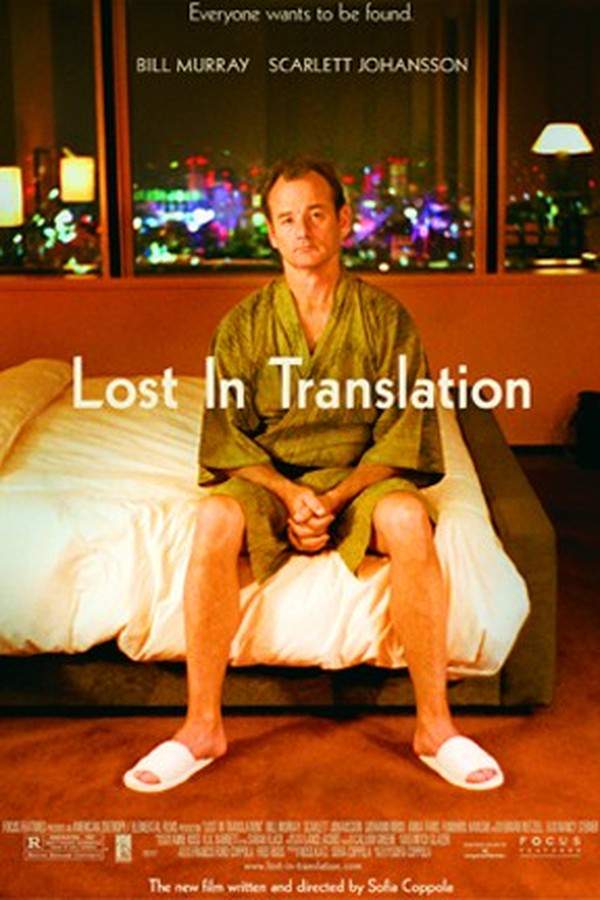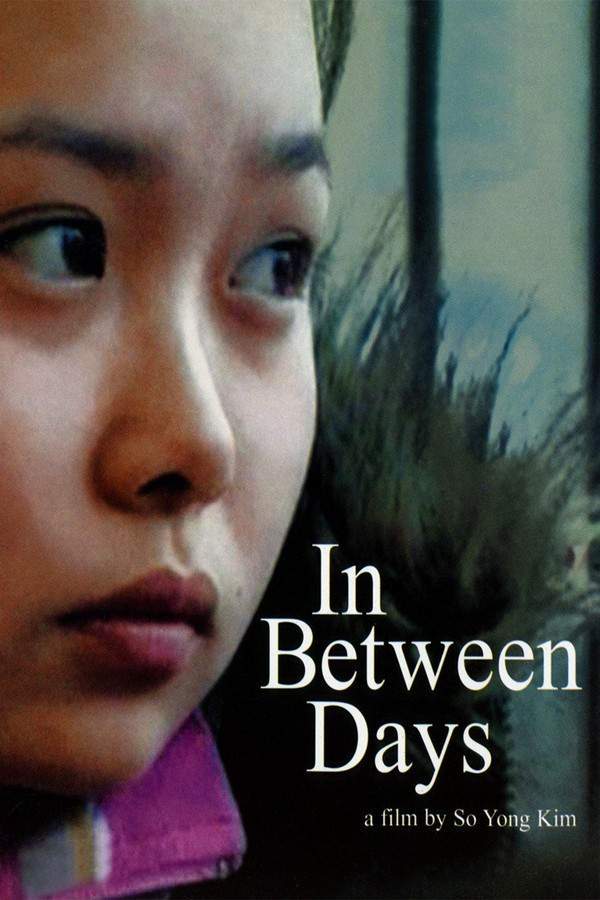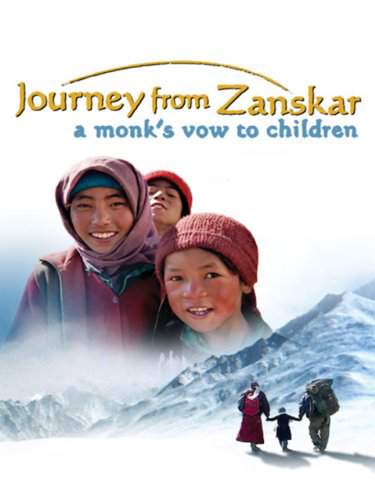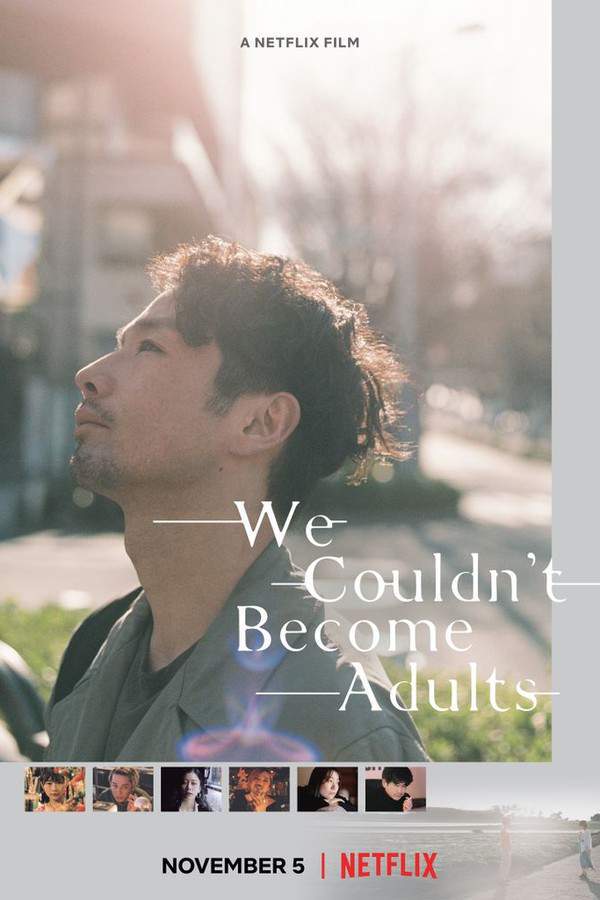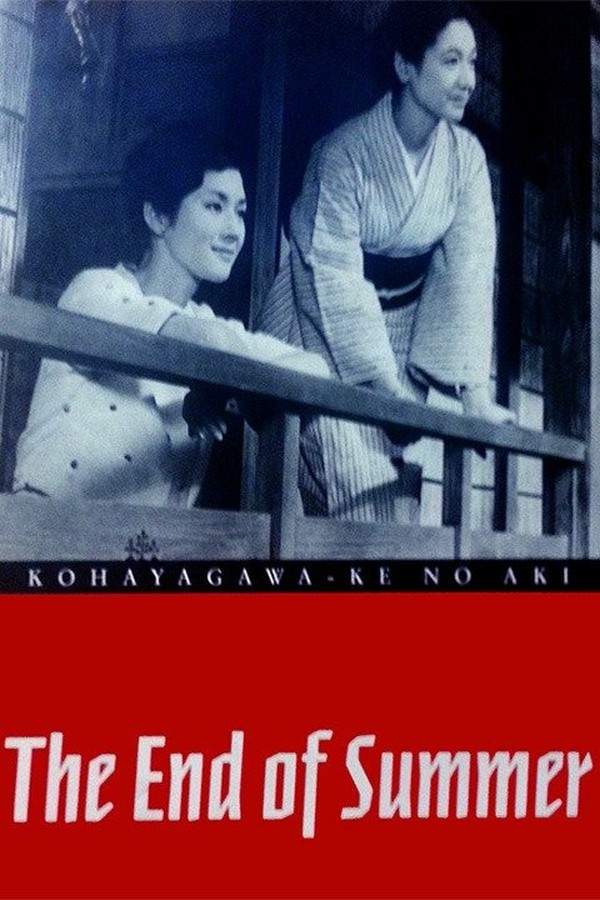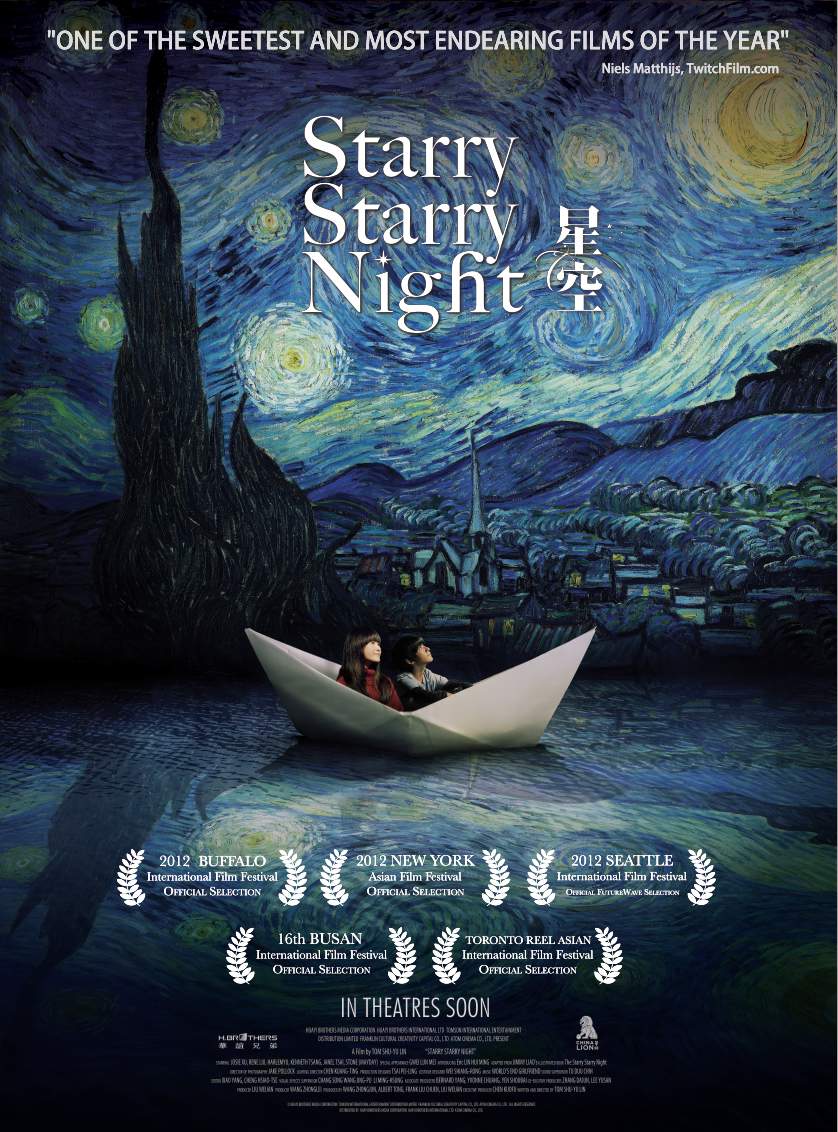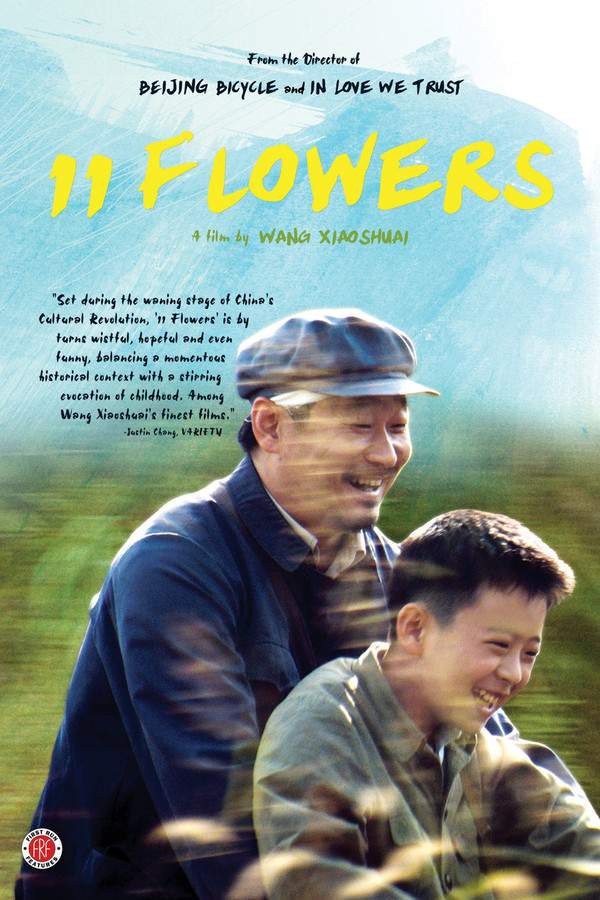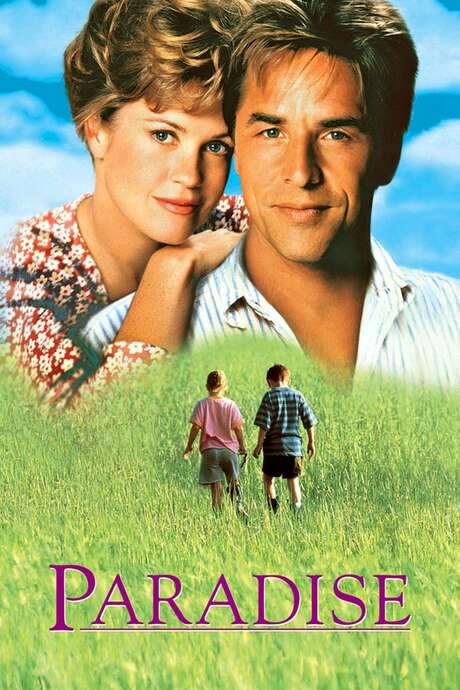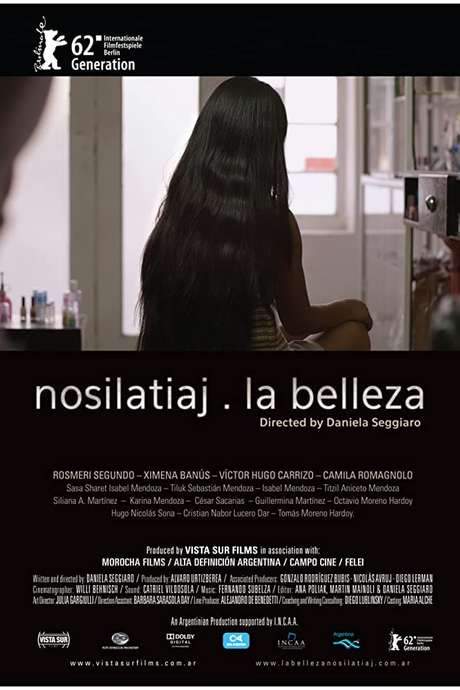
Beauty
Year: 2012
Runtime: 83 mins
Language: Spanish
Director: Daniela Seggiaro
Set in northern Argentina, the film follows Yolanda, a young Wichí girl who narrates in her native Wichí Lhämtes language the story of her life as a household maid in a criollo family. When her hair—her most distinctive feature and source of beauty—is cut without consent, the act threatens her connection to the criollo world and shapes her destiny.
Warning: spoilers below!
Haven’t seen Beauty yet? This summary contains major spoilers. Bookmark the page, watch the movie, and come back for the full breakdown. If you're ready, scroll on and relive the story!
Beauty (2012) – Full Plot Summary & Ending Explained
Read the complete plot breakdown of Beauty (2012), including all key story events, major twists, and the ending explained in detail. Discover what really happened—and what it all means.
In a quiet, meticulously observed drama set in the Argentine North, Yolanda—a Wichi girl who narrates in her native language—persists through a coming‑of‑age story that blends family, culture, and small miracles. The tale unfolds in a criollo village where 16-year-old Yolanda lives a life defined by hard work and quiet resilience, having grown up after her parents split up. She has spent time in the service of a 43-year-old woman named Sara, with whom she shares a surprisingly close bond despite the uneven power dynamics of the situation. The household is crowded and bustling, and Yolanda’s presence is a stable, gentle constant as Sara juggles responsibilities, dreams, and the realities of a tight budget.
Sara, full of hope and fatigue in equal measure, takes on the task of organizing a grand event for her only daughter, Antonella. The party would be a Sweet Sixteen—an occasion that shines with color, music, and expectations—yet the process reveals Sara’s loneliness, the friction with her husband who lives in another village, and the restless energy of four sons who never stop testing limits. Yolanda, quiet and reliable, becomes a pillar in this household: her steady presence helps keep the fragile balance intact even as the family fears they cannot meet the grand ambitions of the party. This web of relationships is gently drawn as Yolanda carries out ordinary chores while absorbing the unspoken lessons of care, duty, and connection.
From her roots, Yolanda clings to memories that anchor her during moments of upheaval: the long hair given by her grandmother at birth, a symbol of cultural identity and personal history; and the occasional visits from her mother, Guillermina, who brings small gifts from the monte and sage advice about navigating relationships with employers. The grandmother’s influence is echoed through [Isabel Ruarte], who appears as Yolanda’s Grandmother in the family tapestry, and the family’s elders model a sense of belonging that stands in contrast to the shifting modern world. The father figure in Yolanda’s life, [Titzil Aniceto Mendoza], is present but not always available, while the grandfather [Tiluk Sebastian Mendoza] and the grandmother’s wisdom cast a quiet, enduring influence over Yolanda’s worldview.
One day, Sara takes the girls to the hairdresser, a momentous ritual for Yolanda who has never cut her hair before and is anxious about trusting this unfamiliar, intimate act. The scissors become a threshold, and the moment they fall, Yolanda’s hair is suddenly shorter. The loss of her hair triggers a deep sadness, and Sara—caught between regret and the desire to protect her family’s fragile happiness—feels the weight of a mistake that has touched the core of Yolanda’s identity. Antonella, in contrast, is gripped by a fear that blends superstition with awe as she witnesses the change in her domestic world.
To repair the rift and restore balance, Sara hires Amilcar, a local boy who has known Yolanda since childhood. Amilcar’s presence is not just practical; his easy companionship and shared memories begin to soften Yolanda’s hurt and offer a path back to feeling at home. The bond between Yolanda and her hair deepens as she discovers a hidden box containing the braid—an emblem of her roots—and ritually nods to the tradition that keeps her culture alive even as she negotiates a new life inside the house. The braid, carefully kept, becomes a tangible link to who she is and where she comes from.
Guilt gnaws at Sara, who is determined to repair the damage. She brings Yolanda back to the hairdresser for a second, transformative moment: a hair perm that softens not just the texture but the emotional edge of Yolanda’s pain. Antonella seeks refuge in religious mysticism, allowing her fear to be faced in a ritualized, almost meditative way, as if faith and dance could coexist with the more practical demands of a party that must go on.
When the long‑awaited day arrives, Antonella emerges in public ready to perform her Spanish dance, and Yolanda’s world tilts as she discovers that Antonella has made the braid a hidden extension of her own hair—an intimate, teenage secret woven into the costume. The revelation reframes the memory of the night: the party becomes a turning point, the moment when Yolanda’s understanding of beauty, family, and belonging shifts from mere endurance to a personal assertion of identity.
As the night ends and the monte calls softly in the distance, Yolanda’s voice—still anchored in Wichi Lhämtes—offers a reflective coda. She recounts, in her own language, the things she treasures most about her culture and worldview. The closing lines celebrate language, memory, and the sense that one’s people and land shape how the world is perceived. The narration leaves the audience with a quiet sense of continuity: a life richly rooted in tradition, openly confronted with change, and always moving toward a future where one’s place in the world is affirmed.
-
Yolanda begins the story with a calm, intimate voice that grounds every moment in cultural memory.
-
Antonella anchors the party’s dream with a blend of youth, performance, and vulnerability.
-
Amilcar steps into the household as a gentle catalyst who helps Yolanda reclaim her footing.
-
Guillermina and Guillermina Mother symbolize the intergenerational ties that shape Yolanda’s choices.
-
The familial witnesses of Yolanda’s world—the grandparents and father—appear through characters portrayed by Tiluk Sebastian Mendoza, Isabel Ruarte, and Titzil Aniceto Mendoza.
-
Other figures who color the backdrop of this intimate drama include Marcelo Cioffi, Anibal Jose Alfaro, Miriam Diaz, Jova Elsa Cruz, Javier Flores, Andrea Dardun, and Paula Ferrer, each contributing to the texture of everyday life in Yolanda’s world.
This reimagined, longer version preserves the core events and relationships of the original while extending the emotional texture and cultural specifics that define Yolanda’s journey.
Last Updated: October 01, 2025 at 13:03
Explore Movie Threads
Discover curated groups of movies connected by mood, themes, and story style. Browse collections built around emotion, atmosphere, and narrative focus to easily find films that match what you feel like watching right now.
Movies about cultural displacement like Beauty
Stories of characters navigating the quiet pain and resilience of being caught between worlds.A collection of movies like 'Beauty' that explore the quiet, personal journey of characters caught between cultures. If you liked the themes of identity and loss in 'Beauty', you'll find similar poignant dramas here.
Narrative Summary
Narratives in this thread typically follow a character, often a child or young person, who is placed in an unfamiliar cultural setting. The central conflict is internal, revolving around the slow erosion or forced suppression of their heritage, often symbolized by a specific loss or act, leading to a bittersweet resolution of self-discovery.
Why These Movies?
These films are grouped by their shared focus on the melancholic, low-intensity experience of navigating cultural identity. They share a slow, reflective pacing and a gentle yet emotionally resonant tone, highlighting personal resilience in the face of quiet assimilation.
Bittersweet coming-of-age stories like Beauty
Young protagonists find strength and identity through quiet, personal struggles.Discover movies similar to 'Beauty' that follow a young person's journey shaped by hardship. If you appreciated the gentle, melancholic pacing and the theme of finding strength through loss, explore these films.
Narrative Summary
The narrative pattern follows a linear, straightforward arc where a young character endures a significant personal violation or loss. This event serves as a catalyst, forcing a maturation process that concludes not with pure happiness, but with a hard-won, bittersweet affirmation of self that acknowledges the scars of the past.
Why These Movies?
Movies in this thread share a specific emotional mix: a melancholic tone, a slow, deliberate pacing that allows for reflection, and a medium emotional weight centered on a pivotal, formative hardship. The endings are consistently bittersweet, affirming growth without sugarcoating the pain.
Unlock the Full Story of Beauty
Don't stop at just watching — explore Beauty in full detail. From the complete plot summary and scene-by-scene timeline to character breakdowns, thematic analysis, and a deep dive into the ending — every page helps you truly understand what Beauty is all about. Plus, discover what's next after the movie.
Beauty Timeline
Track the full timeline of Beauty with every major event arranged chronologically. Perfect for decoding non-linear storytelling, flashbacks, or parallel narratives with a clear scene-by-scene breakdown.

Characters, Settings & Themes in Beauty
Discover the characters, locations, and core themes that shape Beauty. Get insights into symbolic elements, setting significance, and deeper narrative meaning — ideal for thematic analysis and movie breakdowns.

Beauty Spoiler-Free Summary
Get a quick, spoiler-free overview of Beauty that covers the main plot points and key details without revealing any major twists or spoilers. Perfect for those who want to know what to expect before diving in.

More About Beauty
Visit What's After the Movie to explore more about Beauty: box office results, cast and crew info, production details, post-credit scenes, and external links — all in one place for movie fans and researchers.


